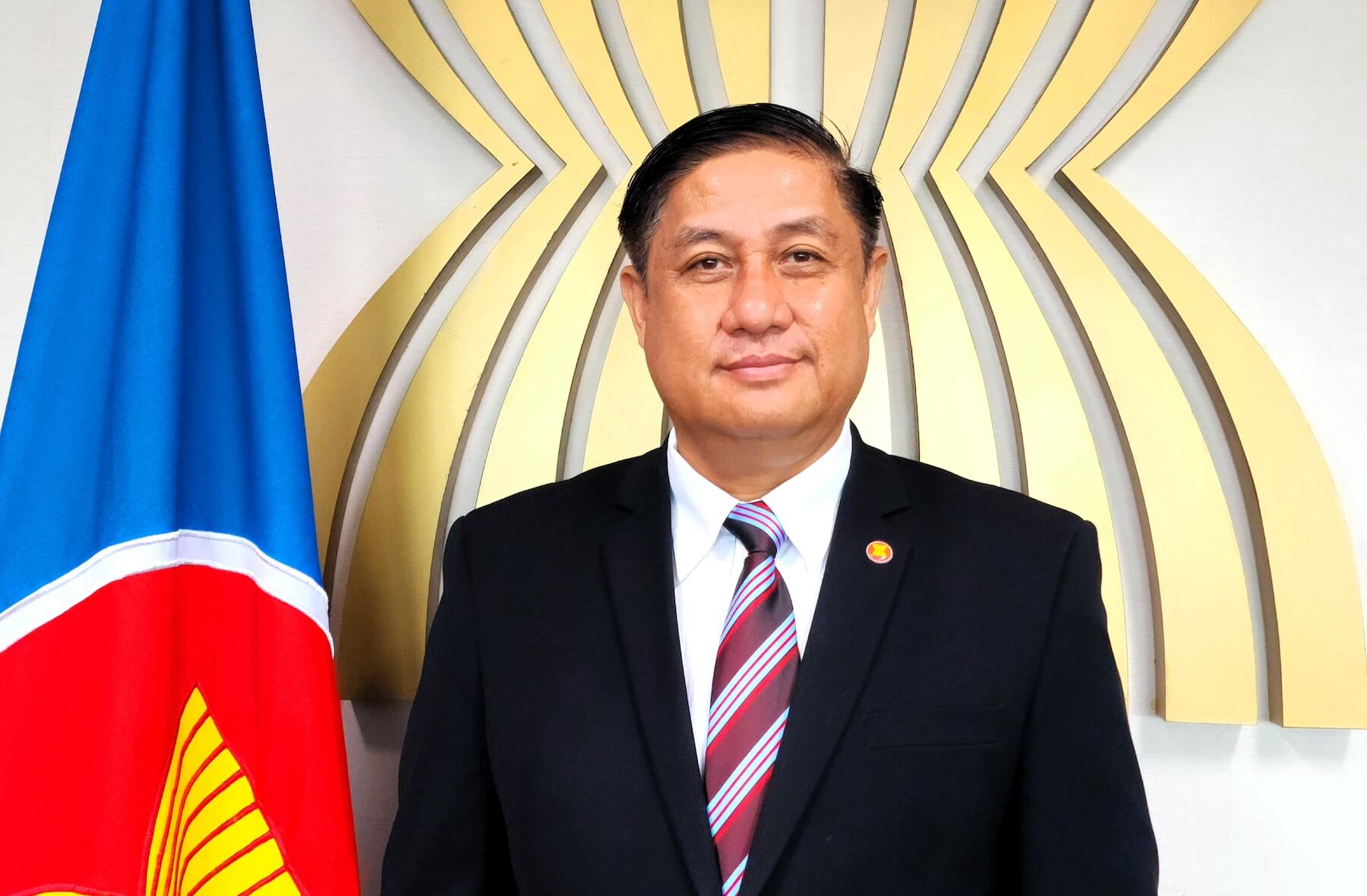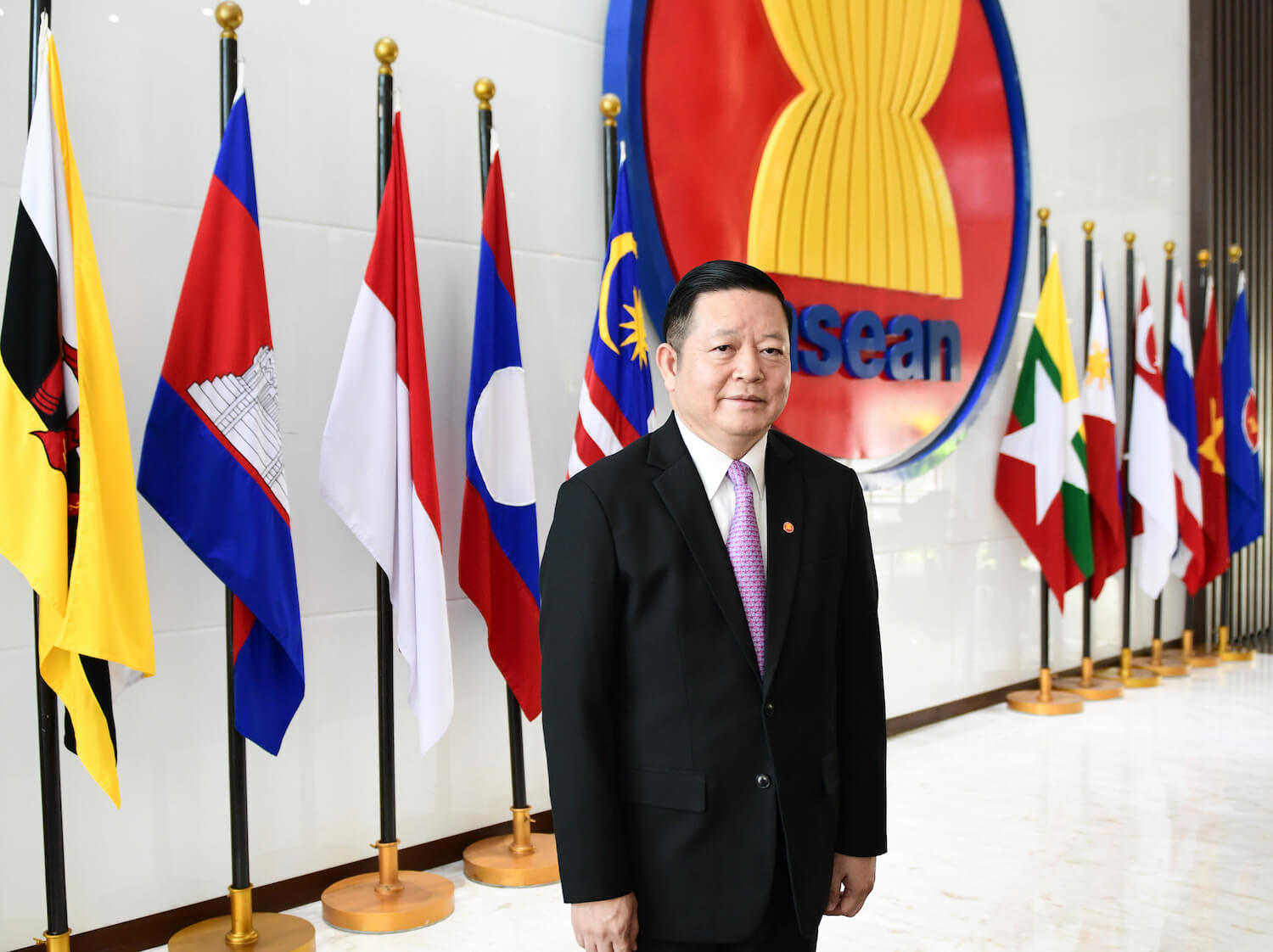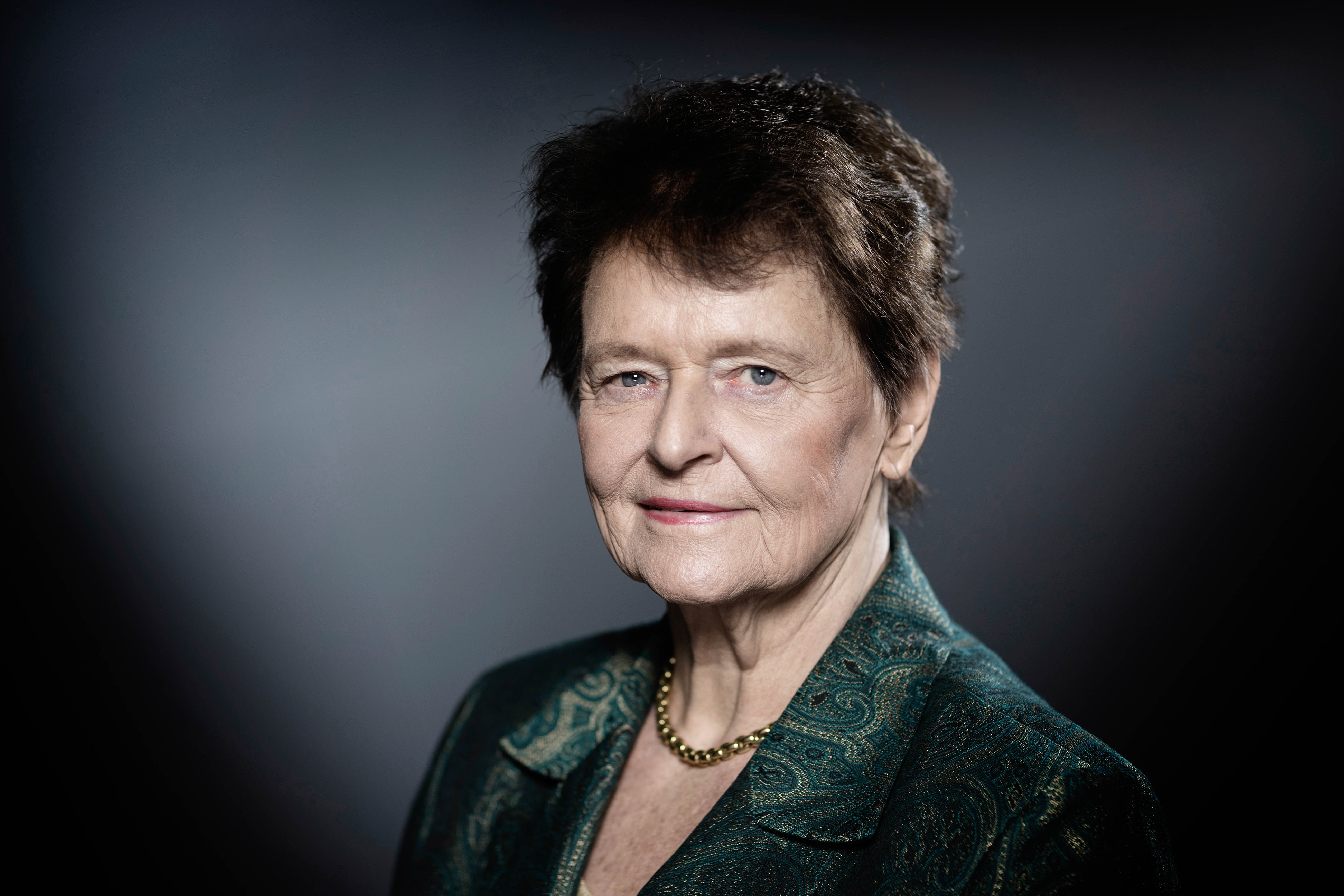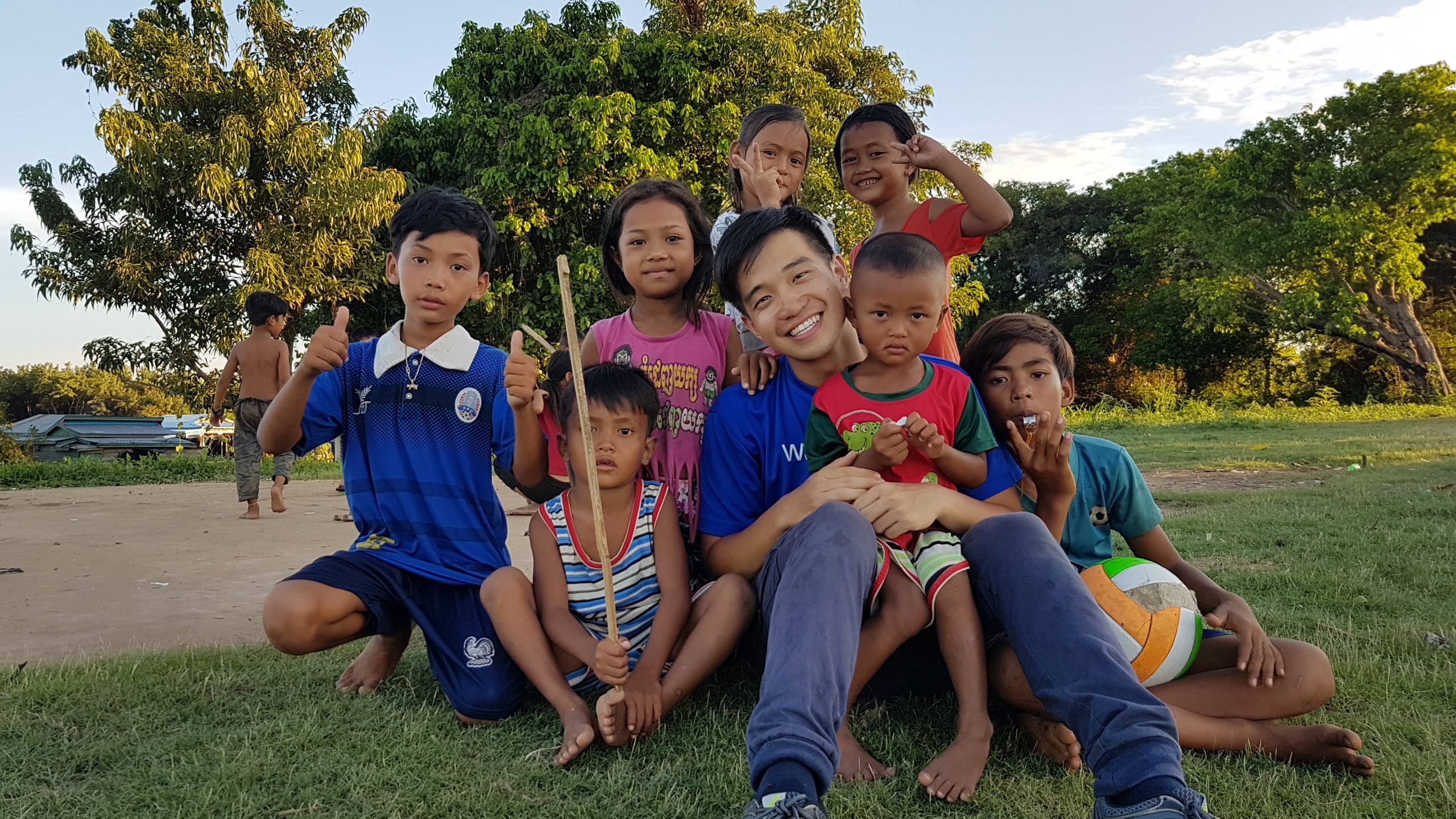


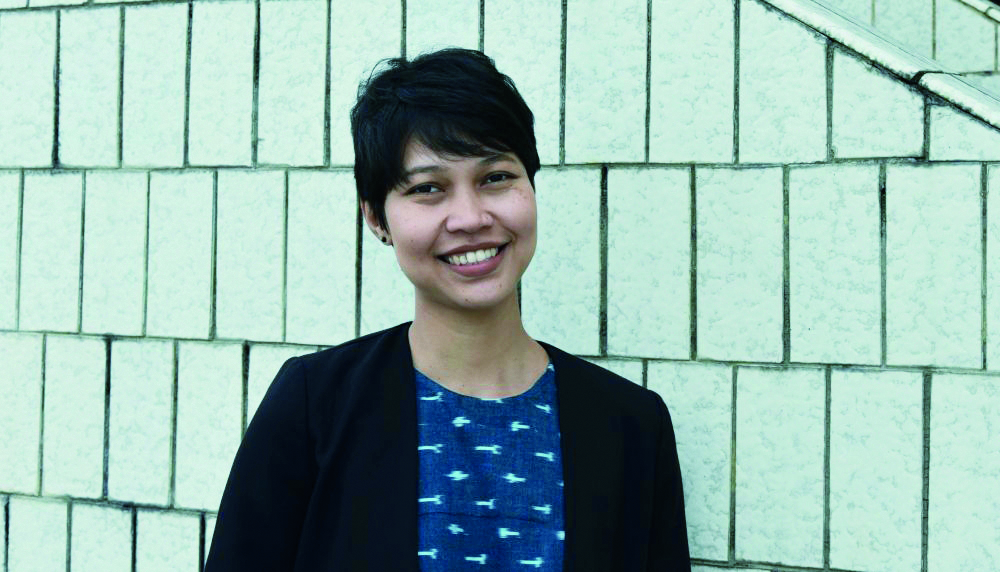
Lim Chong Tee, 29, is the co-founder and Chief Marketing Officer of WateROAM, a Singapore-based social enterprise that develops portable water filtration solutions which provide quick access to clean water for people in rural communities and disaster-relief sites.
Lim met with the other two co-founders, David Pong and Vincent Loka, at a water initiative programme at the National University of Singapore. Sharing the same passion, the trio founded WateROAM in 2014. Some of their projects include helping the communities affected by Typhoon Haima in the Philippines, floods in Lao PDR, and the Lombok earthquake in Indonesia. So far, their innovations have reached 100,000 people across 38 countries. WateROAM focuses on developing technologies to help improve the livelihood of individuals, and ultimately ending prolonged thirst in the world.
“I like traveling around Asia, being on road trips, and backpacking to different areas. During my journey, I saw children not going to school for various reasons. Often, it is because they are sick as they drink water that is not clean. I really wanted to do something about it, as I have always had a strong passion for water. Together with David and Vincent, we decided to develop a simple tool that can purify water.
“The first few years were really challenging; it was about identifying the needs on the ground and developing our first solution. We had to find the financial resources and technological expertise to develop a water filter. It has never been so personal for us until we started working on the ground and we started feeling that there was a great need out there. We talked to the communities to understand their needs, we started developing the prototypes, and went through many rounds of product iterations. Instead of building a simple machine, the prototype was kind of clunky and hard to transport around. So, we streamlined our design to create simple, portable, durable, and affordable systems.
“We were using any available resources in the beginning. We were thankful that our professors allowed us to build up prototypes and test them as long as we submitted our assignments. Singapore has an ecosystem that allows for innovation, and we were shamelessly applying for grants. We got rejected more than we were accepted for some of the grants, but we never stopped. We took the feedback and improved our designs.
“When I started, I was 23 years old, had no credentials as I was just a student. People had doubts, and it might be hard for organisations to trust you wholesale. But slowly we earned the trust. There are people who do not trust us, but there are advisors who offer their knowledge and experience. Where we are today is thanks to these people and organisations.
“One of the most enjoyable parts of WateROAM is where I can travel and feel very alive. Traveling can be tiring, but when you see the work being done, it is rewarding. Right now, we try to give opportunities to our teammates to be able to travel around, go on the ground, and get first-hand experience on why it needs to be a water provider or water consultant.
“But we had to stop traveling due to COVID-19. We have taken this period to reorganise and re-strategise. We develop virtual educational content that can help bridge the gap on the ground, such as simple instructional videos on how to deploy the system and fix up the water filter easily. During this time, we want to be able to provide clean water to more communities with no proper sanitary and water infrastructure to keep them safe.
“Six years on, we’re still thirsty for more. Climate change is still one of the biggest threats, whether you believe it or not, and underprivileged communities will feel the brunt of it. WateROAM is committed to developing technology that can help tackle this issue, and help improve the lives of those impacted. If we can have more collaboration, this problem could be well managed within our generation.”




